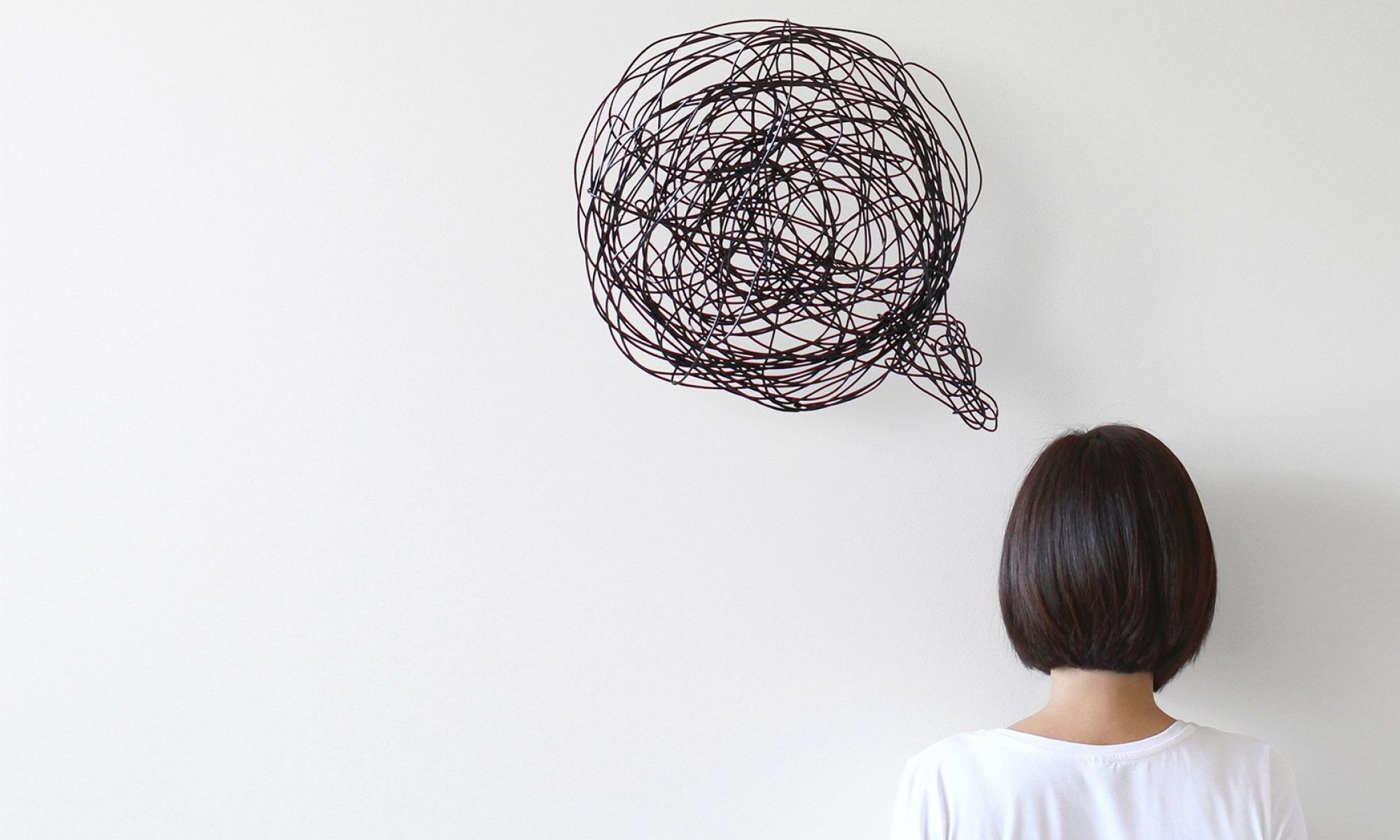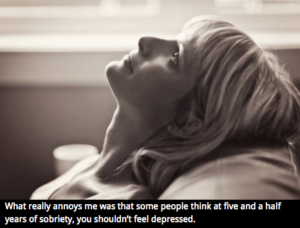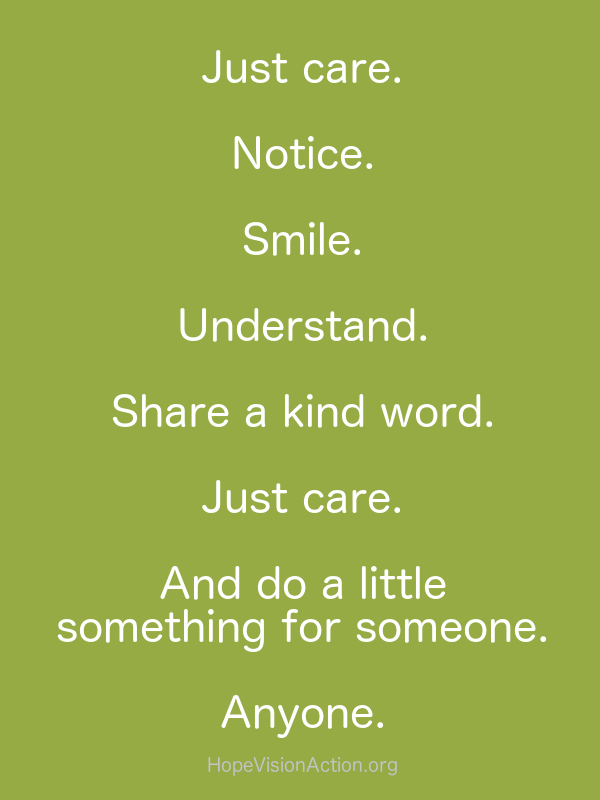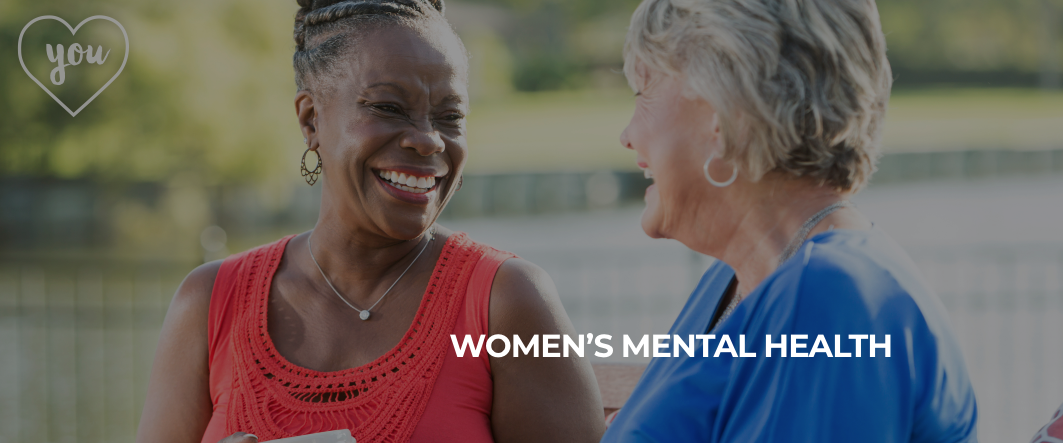Unlike other diseases, addiction is a problem that impacts not only the person directly involved but also their friends and family members. When someone you care about has a problem with substance abuse, the effects spill over into your own life. Yet even when you recognize the signs that your loved one needs treatment, you may still feel confused about how you can help.
Recognizing the Signs
The Mayo Clinic lists some common signs that indicate your loved one has a problem using drugs or alcohol:
- Problems at school or work, such as missing days or poor performance
- Physical health changes, such as weight changes or lack of energy
- Neglecting their appearance
- Drastic changes in behavior, especially in relationships with family members or friends
- Money problems, especially sudden requests for money
Overcoming Barriers
Even when you recognize these signs, you may face some barriers to helping your loved one get treatment. To begin with, the person may not be ready to come to terms with what’s going on. They may be in denial about the problem, fearing the changes and uncertainty of seeking treatment. Some people who recognize they have a problem may worry about the stigma and what others would think of them if they were labeled as an “addict.” Despite these barriers, as someone who cares about this person, you are one of the greatest resources they have for recovery. Showing that you will be there for them long term is instrumental in helping them overcome these barriers.
Knowing How to Help
Addiction is a complicated disease, and there isn’t a single solution that works for everyone, but the way you approach your loved one will make a difference in how they react. The National Council on Alcoholism and Drug Dependence (NCADD) recommends learning all you can about addiction. The more informed you are, the better you will understand what they are experiencing. Don’t wait for the person to hit rock bottom before having a conversation about treatment, though. They could be in danger of overdose and other negative effects on their lives before reaching that low point.
When you talk to them about getting treatment, make sure the person is sober, and express your concerns with love and support. Avoid lecturing because they are more likely to push back if they sense judgement. Regardless of how they respond initially, don’t expect your loved one to quit on their own. Stay in contact and continue to show your support so that they will hopefully come around to getting the professional treatment they need.
Understanding Types of Treatment
Every situation is unique, and that means that the treatment program that is right for one person may not suit someone else. Some people choose outpatient treatment, which usually involves visiting a facility during the day but then returning home at night. The other option, or what most people mean when they refer to rehab, is inpatient treatment, which involves staying at a facility 24 hours for round-the-clock care.
Once you choose outpatient or inpatient rehab, there are also different treatment approaches to consider. Some, such as 12-step programs, are faith-based and are built on Christian principles. For someone who isn’t religious or has a different faith, there are alternative programs. Some of these follow a model similar to 12-step programs, while others are more holistic, integrating other aspects of mental health into treatment.
Some people with substance abuse disorders will have a dual diagnosis of addiction along with another mental health condition, such as depression. In this case, the person will need treatment that addresses both conditions. You can help your loved one by searching for a program that suits their beliefs and other factors in their life.
You can’t force anyone to get treatment, but you can provide the strong support system they need. Keep in mind that recovery, like addiction, is a long-term process, not a one-time fix. If you can stick with them and be the solid rock in their life, they will have a greater chance of getting help and staying sober.
Photo credit: Pexels

















